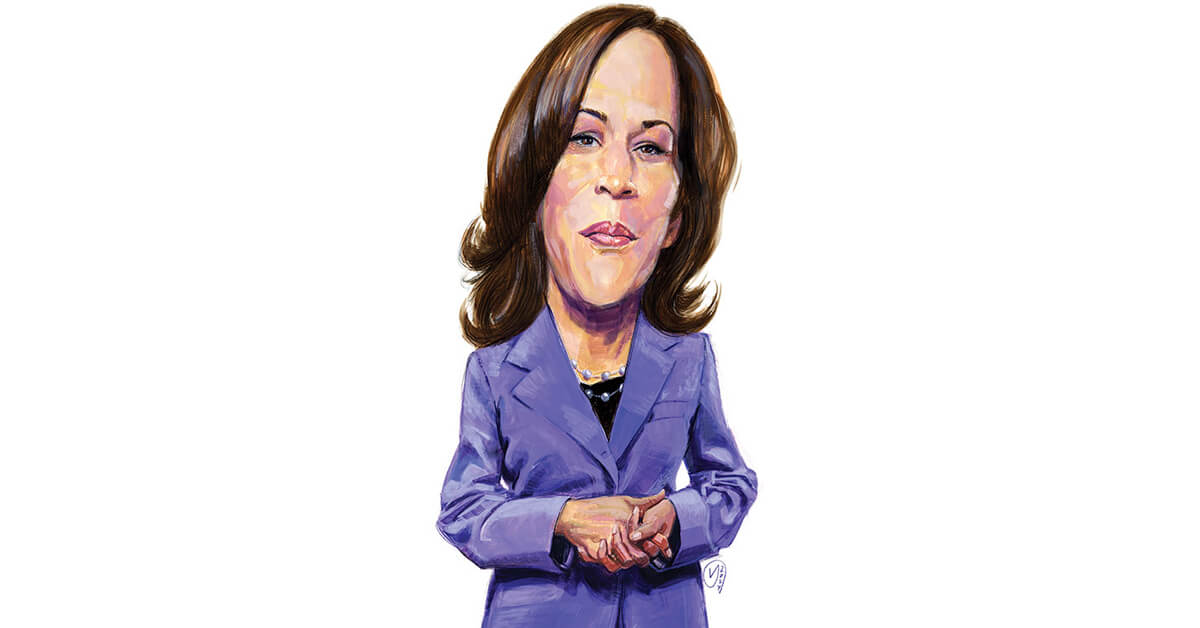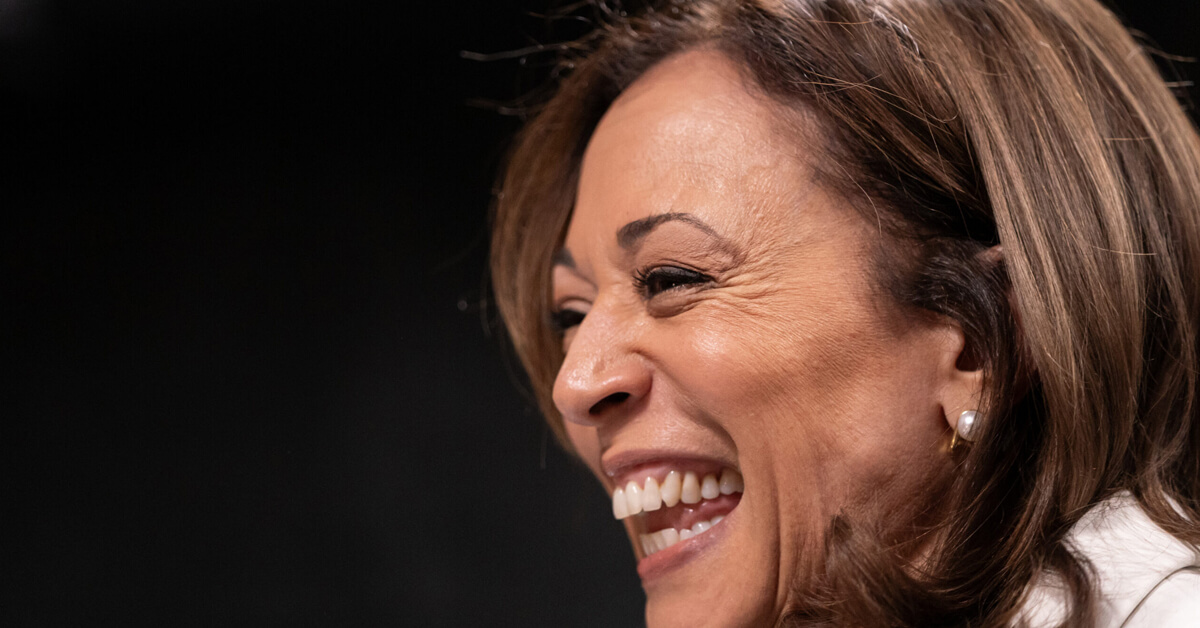Kamala Harris and Transgender Operations for Prisoners
Kamala Harris’s recent proposal for free transgender operations for prisoners has sparked intense debate. Many view this proposal as misguided and disconnected from the needs of the American public.
The Proposal Explained
Harris advocates for taxpayers to fund transgender operations for inmates. She believes this initiative addresses the healthcare needs of a marginalized group. However, critics argue this proposal diverts attention from pressing issues like public safety and crime rates. Why would she prioritize this over other significant issues facing society?
Historical Context of Transgender Individuals
Transgender individuals have faced systemic discrimination and violence throughout history. In the 20th century, many were denied basic rights and access to healthcare. The medical community often viewed being transgender as a mental illness. However, this perspective has changed over time, leading to greater acceptance and understanding of transgender identities.
Despite these advancements, transgender people continue to experience high rates of violence, especially in prison settings. Studies show that transgender inmates often face discrimination and harassment. They frequently lack access to appropriate medical care. This context may explain Harris’s proposal, as she aims to address a vulnerable population.
Rationale Behind the Proposal
Harris argues that providing free transgender operations for prisoners is a matter of human rights. She believes that everyone deserves access to healthcare, regardless of their incarceration status. This perspective stems from a broader movement advocating for the rights of marginalized groups. However, many question whether this is the best use of taxpayer funds.
Critics argue that while healthcare is crucial, the focus should be on rehabilitation and reducing recidivism. Inmates often struggle with mental health issues and addiction. Prioritizing comprehensive treatment programs could yield better outcomes than elective surgeries.

History of Controversial Comments
Harris has made several controversial statements regarding criminal justice and social issues. In the past, she supported policies that toughened penalties for certain crimes. However, she later pivoted to a more progressive stance. This inconsistency raises questions about her commitment to justice reform.
Harris has faced backlash for her comments on law enforcement. She once stated that police officers should face more scrutiny. Yet, she has not consistently applied this principle across all her policies. This inconsistency demonstrates a lack of clear direction in her leadership.
Why She is Unqualified to Be President
Kamala Harris’s handling of key issues reveals her unpreparedness for the presidency. Her proposal for transgender operations for prisoners highlights her priorities, which seem disconnected from reality. Many Americans feel that government resources should focus on education, healthcare, and public safety, not elective surgeries for inmates.
Furthermore, her history of contradictory statements raises doubts about her integrity. Voters seek leaders who provide consistent messaging and reliable policies. Harris’s record shows she often shifts her stance to align with popular opinion, rather than standing firm on her beliefs.
Public Reaction and Implications
The public response to Harris’s proposal has been largely negative. Many Americans view it as a misallocation of resources. Critics argue that funding transgender operations for prisoners does not serve the needs of law-abiding citizens.
This proposal also raises questions about priorities in the criminal justice system. Should the government provide extensive healthcare for inmates while many citizens struggle with basic needs? This question continues to fuel discussions about Harris’s vision for America.
Kamala Harris’s position on providing free transgender operations for prisoners illustrates her disconnect from mainstream concerns. Her inconsistent comments and priorities make her unqualified to lead. Voters deserve a president who prioritizes their needs over controversial proposals.
In summary, Harris’s advocacy for transgender operations for prisoners diverts attention from urgent national issues. This position highlights her unpreparedness to lead a nation facing significant challenges. Ultimately, the focus should remain on ensuring basic rights and healthcare access for all, not prioritizing surgeries for incarcerated individuals.








